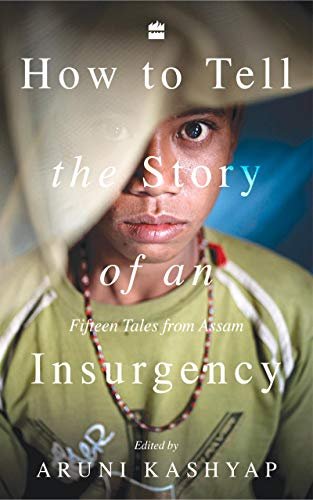What makes this book different? Well, when we think of Assam we only know about the language Assamese and there are hardly any English translations from the language. However, this anthology is polyphonic just like the people from Assam i.e. they not only speak in the Assamese but also Bodo. These original stories in Bodo and Assamese were written by acclaimed and award winning authors which have been carefully translated and edited by Aruni Kashyap.
How To Tell The Story of an Insurgency is not just the contribution of Kashyap but 15 other writers whose stories were waiting to be read.
The stories revolve around how common people turn into militants and how much it affects their family. It even delved deep into the controversial part where Indian army personnel does injustice and rape tribal women. Out of all the heart-warming stories, the best ones were Surrender, Colours and Stone People.
Should stories from a violent land only have violence in them? Can a writer from Assam write a folk tale or a story that is completely unrelated when people are getting killed in the neighborhood? Is that an act of resistance?
Anthologies provide the perfect space to depict the experience of the minorities, settler-communities and tribal people, and their experience of caste, class, and a torn social fabric.
Assam is the geographical space where these stories are located; but these stories tell us many other things: how to depict violence, how to represent the resilience of common people in a space rent by political conflict, what role stories can play to begin conversations about justice and human rights and, finally, it teaches writers how to foreground the human experience while writing stories from an embattled region. .
This will remind the reader of our common humanity and create more dialogue, and perhaps peace. I hope such anthologies are the beginning of the conversation.

